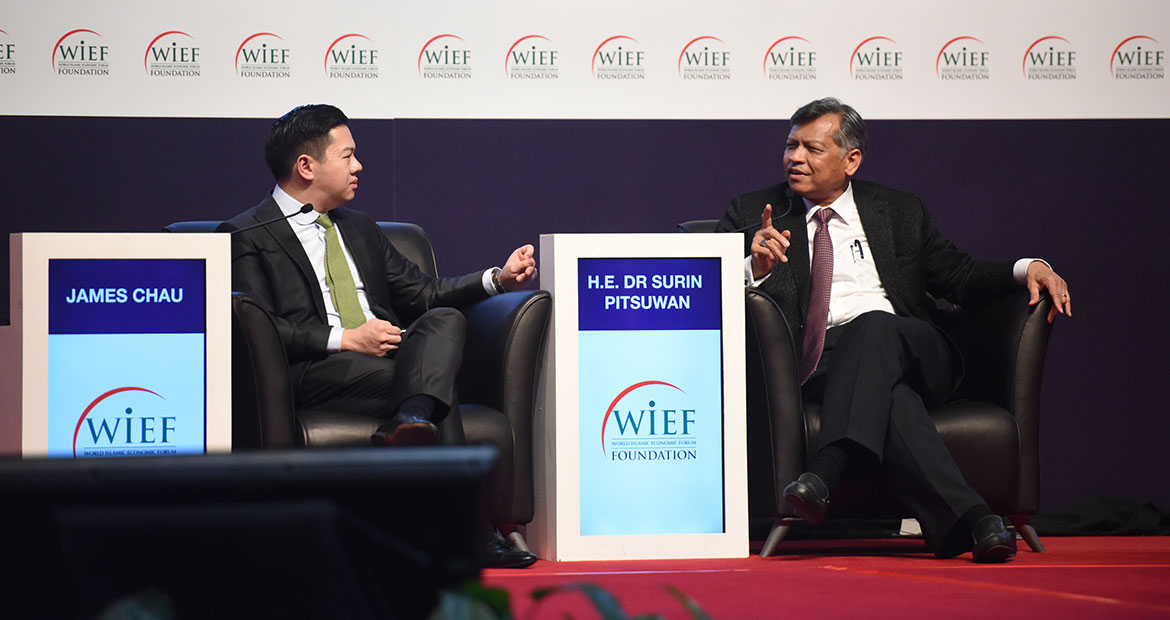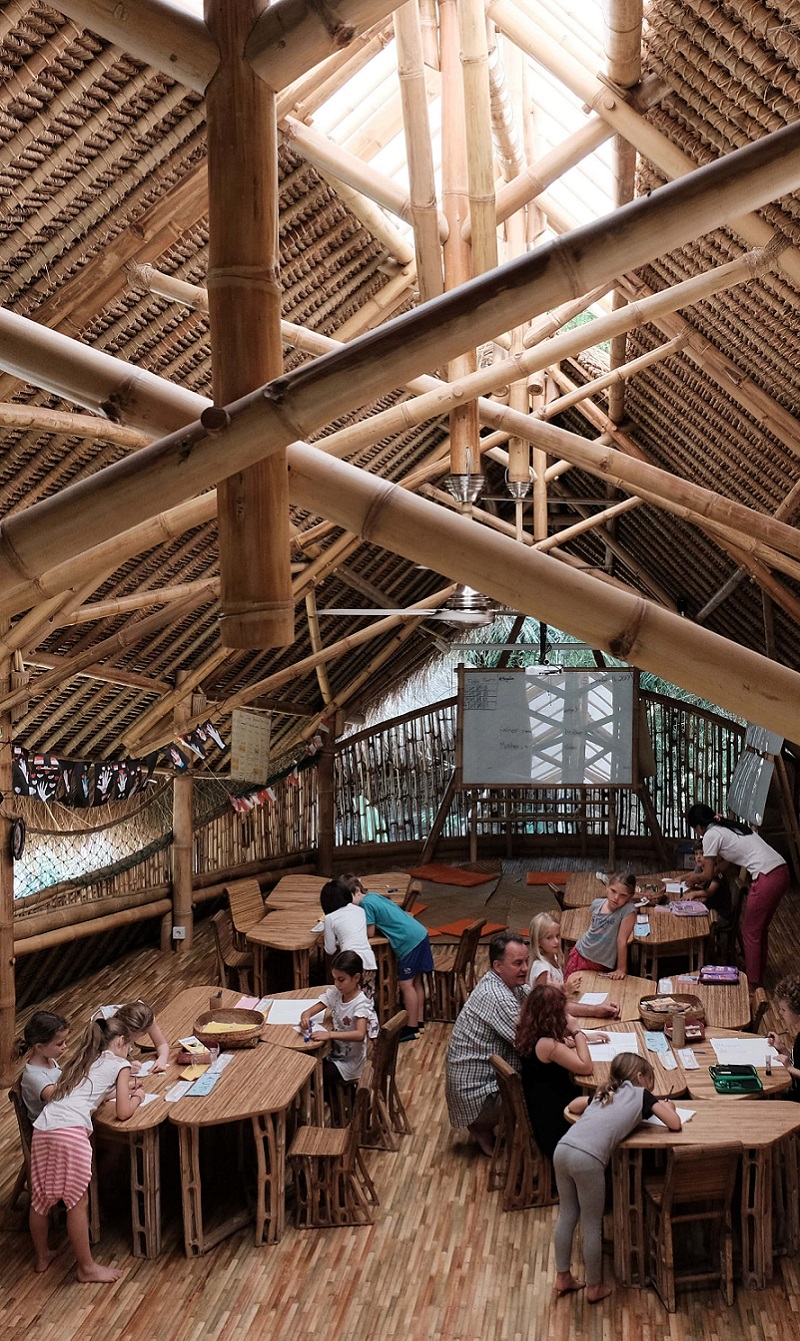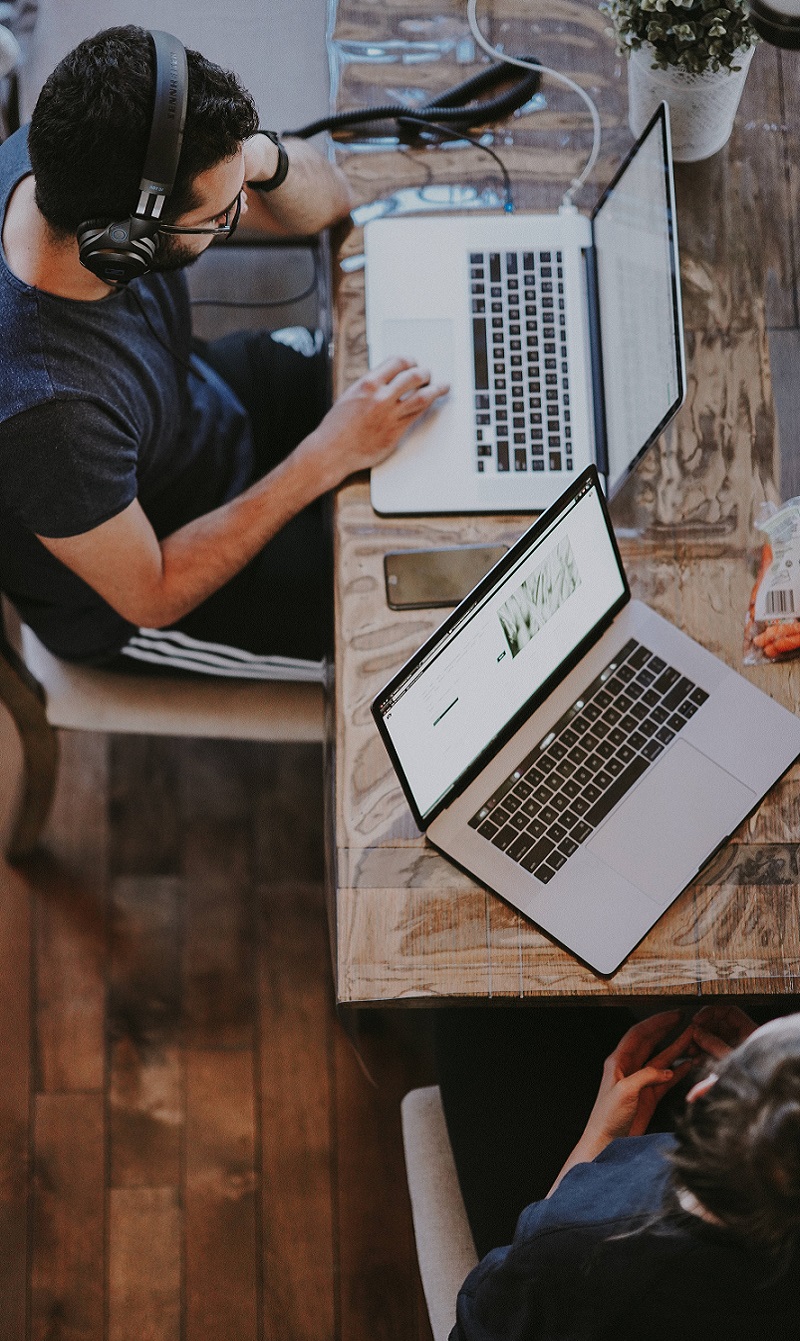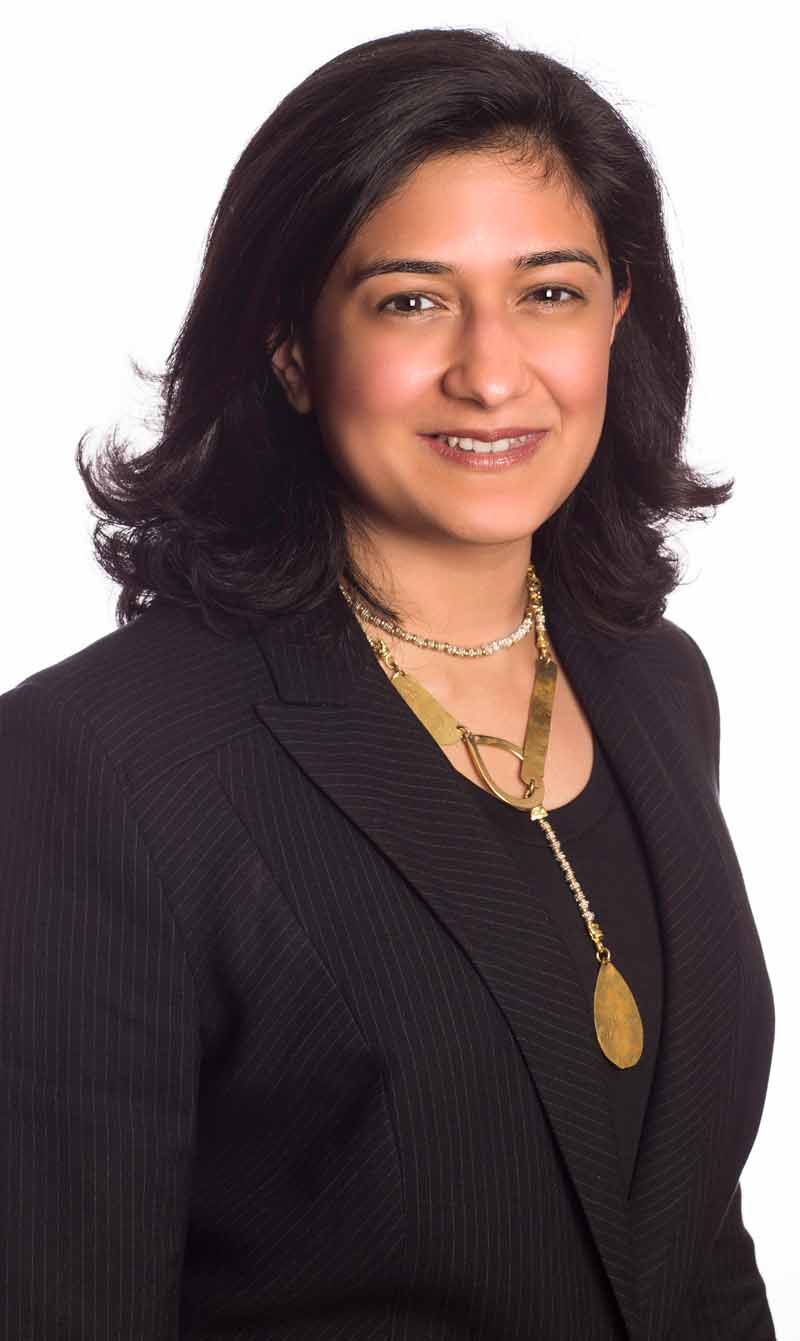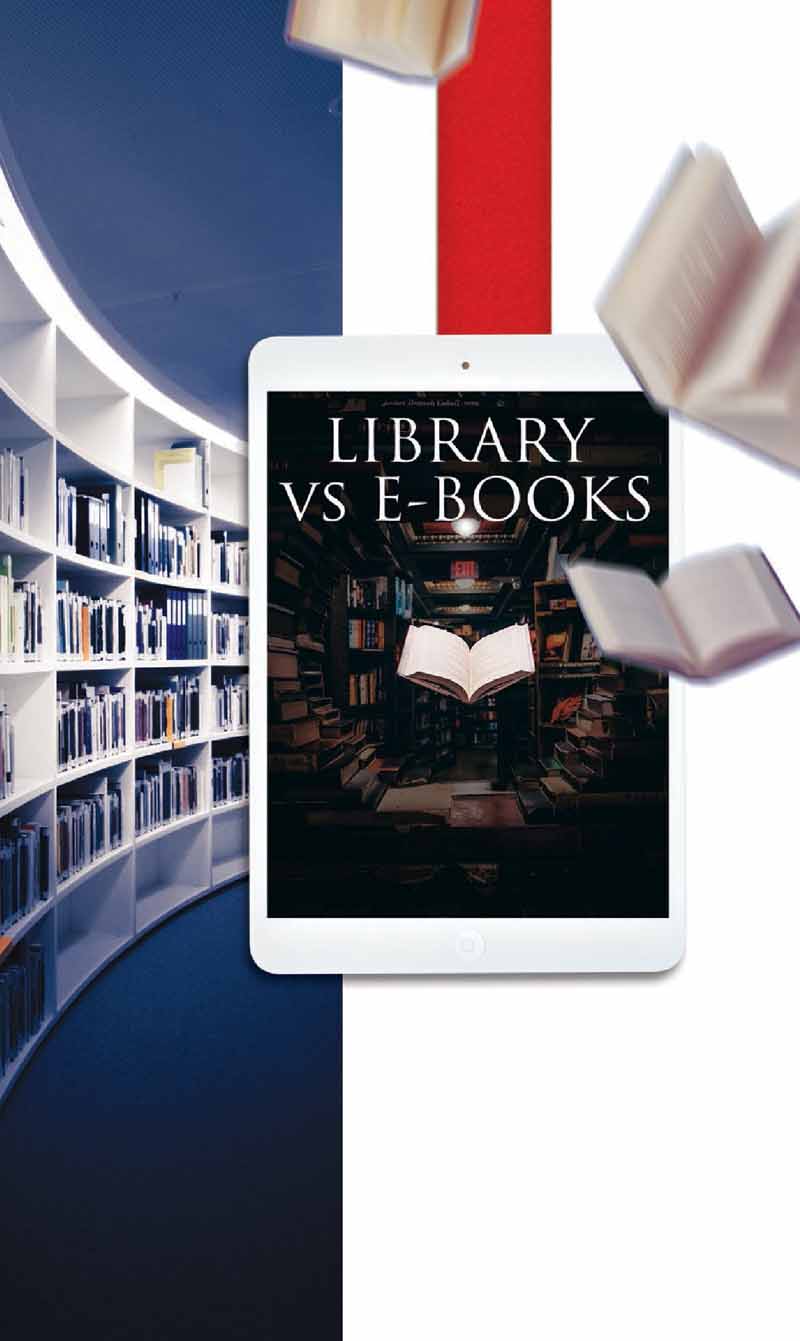Staying In Focus with…With Dr Surin Pitsuwan
Former Secretary General of ASEAN, Dr Surin Pitsuwan shares his thoughts on how life events shaped him and why he pursues a life dedicated to connecting disparate communities.
Dr Surin Pitsuwan is Former Secretary General of ASEAN. Seventy-five years ago, his father and grandfather founded a pondok (madrasah) in Southern Thailand, an Islamic boarding school. Three years later, Dr Surin was born. At a tender age of two, his parents left him in the care of his grandparents and went to Saudi to study. Brought up by his grandfather, he was schooled in Islamic studies at the pondok but also attended a Buddhist temple school for his primary education. ‘In the morning I would wear a uniform, walk barefoot to the school in a temple ran by a Buddhist monk. When I came home I would change back into Malay attire- sarong, kepiah and baju melayu. So I began from the beginning to live in a multicultural environment,’ he says.
He holds an MA and PhD in political science and Middle Eastern studies from Harvard University. After completing his education in the US, he returned to Thailand to assume a teaching position at Thammasat. He successfully ran for parliament two years later. As an MP, he was appointed Secretary to the Speaker of the House of Representatives, Secretary to Deputy Minister of Interior, Deputy Minister for Foreign Affairs, and Minister of Foreign Affairs. He served as the Chair of the ASEAN Ministerial Meeting and the Chair of the ASEAN Regional Forum. In 2001, Dr Surin was appointed as a member of the Commission on Human Security of the United Nations. He also served as an advisor to the International Commission on Intervention and State Sovereignty and on the ILO’s World Commission on the Social Dimension of Globalisation. He is now an active advocate in the promotion of the regional integration in East Asia, educational and political reform efforts in Thailand.
The following is an excerpt from a Face-To-Face session during the 11th WIEF in Kuala Lumpur with Dr Surin Pitswan and it has been edited for flow.
James Chau
You were born to teachers of Islam and yet you chose to step out of that environment to learn about it from the outside, from a very rich establishment, the American system. Do you think that taught you something different about Islam?
Dr Surin
I was born in an impoverished kampong at the foothills about 10km outside of the city. In the rainy season, the road disappeared. In the dusty hot season, it would be dusted over. I survived but something was missing at that point. Why were we so marginalised? Why were we outside of the mainstream? Would there be anybody who would do the bridging, who would do the connectivity? So, I thought I would become a district officer, just to be that bridge.
James
Your existence, as you put it, is mainly on the road …you describe timeouts that you established for yourself to give you a boost.
Dr Surin
Yes, I think you need punctuation in life. You write a long paragraph, then you need that comma, you need that exclamation mark …
you need that full stop. Your prayers are also that punctuation mark. And when you travel or when you go around the world, 10-15 hours in the air, when you go down and you finish your work, you need that comma for your life so that you can reflect, so that you can re-nourish yourself. That is what keeps me going.
Talking About ASEAN
Dr Surin
In ASEAN there are those who are outside the framework – those who benefit from the framework and those who are marginalised out of it. Half of the 600 million people of ASEAN will be Muslims, over half will be speaking Malay. Are we prepared to compete, to accommodate, to reconcile with all the challenges coming into the space of ASEAN, of South East Asia. I think that is a big question for all of us.
Now four of the ASEAN member states are part of the Trans-Pacific Partnership Agreement (TPPA), including Malaysia. I think we need to think of a new vision that will improve the integration, we need to scale up our rules, our regulations, our laws and our standards in order to compete better with the rest of the world. Unless and until we have the entire 600 million people onto this job together … it is going to be very difficult to maintain the growth and achievements that we have had in the past. So a new vision will be to work on something larger than ASEAN even.
We need to work on the larger united Asia, but we need to work on a small ‘c’ community because, with the big ‘C’ community, we will have the Chinese ask: “Whose blueprint is it?”, the Japanese will ask: “Whose structure is it?”, others will ask: “Whose idea is it?”
It needs to be a small ‘c’ community integrated together much like Europe after the Second World War when people like Monnet, Churchill and Schuman worked together and pushed from behind and today it has become the European Union. I think that is what ASEAN needs to do. The TPPA is going to be a threat but I hope we also can see it as an impetus, as an encouragement, as an opportunity to work hard on our science, technology, education, and human resource development. All 600 million of us (need to) work together in order to integrate ourselves with the rest of East Asia so we can be that locomotive of growth for the global community.
James Chau
The transformative process that you think that Asia needs, do you think that ASEAN really holds the key, or do you think that we should build and design an entirely new model?
Dr Surin
It is difficult to build a new model without ASEAN being in the core or in the driver’s seat. ASEAN is the only forum that everybody feels comfortable in. Hillary Clinton called us the fulcrum of emerging architecture in the region.
But we have to think larger than just ten of us, we have to think further, we have to think more seriously to include the rest (of East Asia) on this important project together, much like the Europeans did. I have always said that Europe is not our model, but it can be our inspiration. And if we can look back and try to cooperate, we will make it in the not too far distant future.
I think of all the problems that we have, we probably have less than many other regions of the world.
James Chau
Who could be the individuals in your mind who could champion this region and who have the capacity and also the political significance to carry that on the global stage?
Dr Surin
The problem of ASEAN is when we become more democratic, we don’t have the visionaries and the towering figures like the Mahathirs, the Lee Kuan Yews, the Suhartos. All of us are transient. No more than five, six, ten years because of democratic transition. So we don’t have those personalities anymore. We need to cultivate this leadership.
James Chau
Is it the transition phase that is posing the challenge? Or would you say we don’t need so much democracy or would you say once we experience the fuller transition and get to the other side then you will have those personalities back in some form?
Dr Surin
I think we are in transition. I think we are all perfecting our own political structure and landscape. Thailand is going through its own problem, Malaysia has its own challenges, and Indonesia has its own problems. But all of us are journeying into the direction of more openness. And I hope that at some point we will be able to produce stable, able, efficient, and visionary leaders who could lead the region and take a leap forward. We need a collection of people who will work on this issue together. Otherwise the experiments of the past will not come to fruition.
James Chau
Do you think that democracy doesn’t work for this region and for East Asia?
Dr Surin
No, but I think we have challenges and obstacles. Democracy is here but it is not an even road for all of us. It is a yo-yo when one side is becoming very democratic, and the other is autocratic. When that autocratic country becomes democratic, the one that used to be very open and democratic becomes authoritarian. But on the whole it is moving in the right direction. And I hope as we achieve economic development and integration, we can also work on our political transition, political institutionalisation, and democratisation along the way. I think of all the problems that we have, we probably have less than many other regions of the world.
different interpretations of different communities of the same message may lead to different manifestations, norms and cultures. This made me feel humbled and I learned not to rush into judgements.
James Chau
As a Muslim you are a member of four million Muslims in Thailand, just six percent of the country in a very largely Buddhist dominated society. Do you think this has given you early unique insight of the skills that are necessary to bring people together?
Dr Surin
I think so. As I told you, I grew up in a bicultural environment and that helped me to negotiate how to live through the day in a Buddhist temple where I was pursuing my primary education and back at the pondok where I was brought up as a truly traditional Muslim.
Then I went to America.
I lived with a Christian family. I went to Sunday school at a Lutheran church and learned about the Bible, about the prophets that were also mentioned in the Quran. I was fascinated that, after all, it is the same religion of different ages, of different epochs.
So I came to the conclusion that the different interpretations of different communities of the same message may lead to different manifestations, norms and cultures. This made me feel humbled and I learned not to rush into judgements. You allow the space for others, you respect the differences and you understand the complexity of their own cultures. And that is exactly what I have learned. When I came back to Bangkok, I was teaching for a while and then they asked me to join Parliament. There I carried on the role of mediating, the role of trying to reconcile, the role of trying to somehow bring moderation into the debate of the politics of the time.
James Chau
There are many young people in the audience today. What would you say to them?
Dr Surin
Draw the inspiration from your own tradition, from your own culture and always differentiate yourself. With anything you do, any speech you make – your message has to be different from others because you are delivering a message that has been inspired by you and that you believe in. You grew up in it, and you carry within yourself, in your character, in your personality. Be mindful of the fact that every time you stand up in front of the people, they know who you are and they expect to hear something different. Maintain your soul and be true to yourself, and be committed to your own cause and don’t waiver and you will get there.
James Chau
You say that you hold yourself accountable every time you stand up in your Parliament. Your greatest judges, so to speak, are the children at the school run by your parents whom you visit…What do they ask you and what do you tell them?
Dr Surin
I tell them to be prepared for change. If you are not prepared, if you are not educated and you don’t have the skills required to survive, you will be left behind. And nobody will be to blame except yourself.
Life will be full of challenges. Be prepared for it. Education is the best way to prepare yourself. Without it you won’t be able to survive in a very, very complicated and competitive future. And I always tell them you only have yourself to depend on; you only have yourself to help you, nobody else. I give you the opportunities, I give you the resources, I give you the housing, and I give you the scholarship. If you don’t take it, you won’t make it.
James Chau
One of the young leaders in your programme quoted you in saying that ‘good leadership gives way to guide and also leads to empowerment’. What is the warning of what bad leadership can produce?
Dr Surin
Bad leadership begins when you don’t prepare for succession… because your time is limited just like any human being. So we need to prepare a pool of successors who can really take up the mantle, take up the course.
Bad leadership certainly will provide those people behind you with no direction, no norms and values, and no inspiration. You are there mechanically but you are not there holistically, you are not there spiritually, you are not there emotionally. If you are committed, passionate and emotional and inspirational, you don’t even have to tell your followers that this is the way to go forward. They will absorb, they will learn, they will notice. That is what leadership means. Show the way by your actions rather than just by words. Show the way with your full commitment, with your emotional commitment, even spiritual if you want, but you have to have that passion.
Do your best, 100 percent, today, at full capacity and you will inspire people along the way.
Leadership cannot be devoid of moral and ethical frameworks. It will have to be contextualised because that is what will reach down to every soul – the morality, the spirituality, the emotion. Not just materialistic, not just mechanical leadership, not just bureaucratic leadership.
I think the world needs a transformation and that transformation can only come from that kind of leadership. And it is not one individual that can do this, it will have to be a collective effort, it will have to be a class of leadership, there will have to be a group of leadership all around who can show the light for the rest and bring us forward into the future.
___________________
This report is based on an 11th WIEF session.
